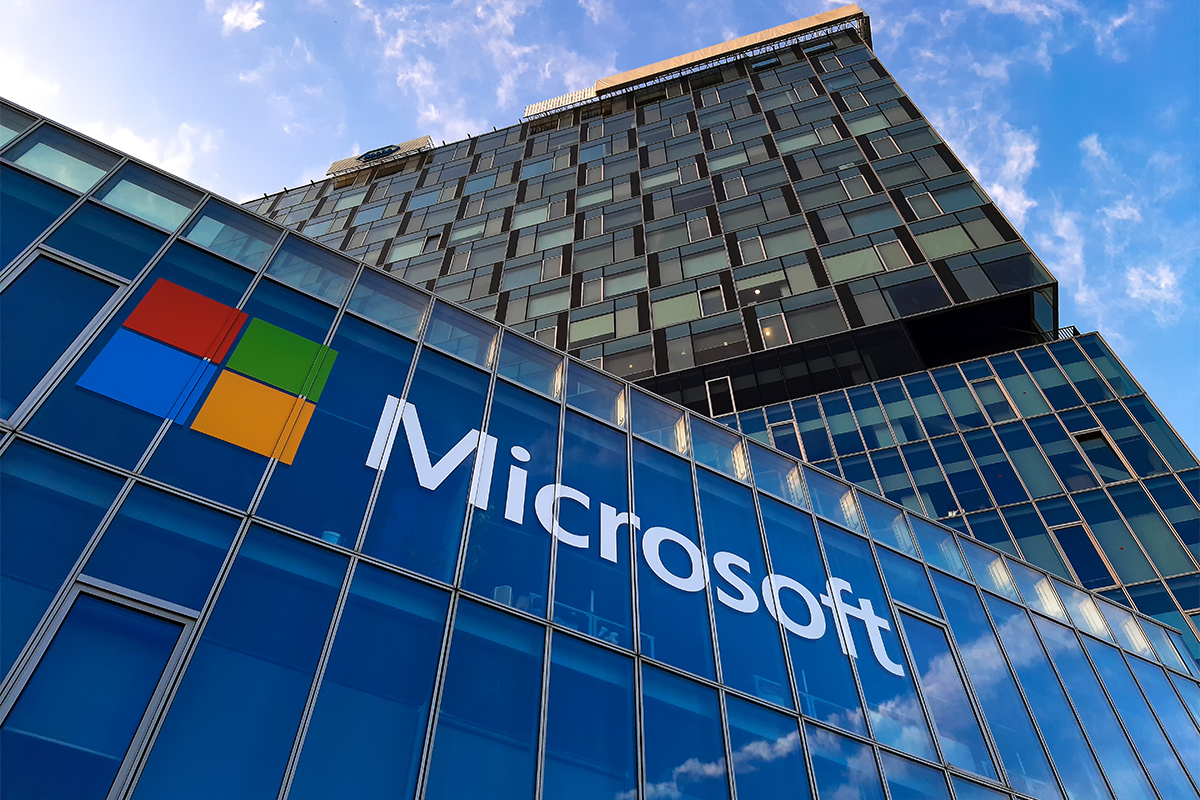Tech giant Microsoft has announced that it has partnered with global solar leader Qcells to curb carbon emissions and power the clean energy economy.
The “strategic alliance” aims to enable a strong supply chain for new renewable electricity capacity projected to require at least 2.5 gigawatts of solar panels and related services, which is equivalent to powering over 400,000 homes, Microsoft said in a blogpost on Wednesday.
Qcells, owned by Hanwha Solutions headquartered in Seoul, will work with the tech giant to create solar projects and will also provide panels and engineering, procurement and construction (EPC) services to selected solar projects Microsoft has contracted for through power purchase agreements (PPAs).
“Building a resilient solar energy supply chain is essential to advancing a global green energy economy. Microsoft’s partnership with Qcells will help make this vision a reality by bringing innovation and investment to rural Georgia,” said Brad Smith, vice chair and president, Microsoft.
The tech giant has committed to purchasing renewable energy to achieve 100 per cent coverage of electricity consumption with renewable energy by 2025.
To bring more renewable energy to the grid, Microsoft is supporting Qcells’ solar products, including those produced domestically.
“We’re striving to build and deliver turnkey clean energy solutions, including those made in America, and this partnership with Microsoft will help accomplish this vision,” said Justin Lee, CEO, Qcells.
“Similarly, Qcells is proud to play a role with Microsoft to bring more renewable energy online in the years to come. This first step is only the beginning of a great partnership that not only supports our two companies but helps deliver a clean energy future for customers and communities,” Lee added.
Qcells is the only company in the U.S. with a full solar supply chain and a one-stop shop for clean energy solutions.
“The new collaboration is rooted in the two companies’ collective commitments to diversify the global energy supply chain, proactively lead the development of more reliable energy supply chains in the U.S. and abroad, and reduce carbon emissions,” Microsoft said.












